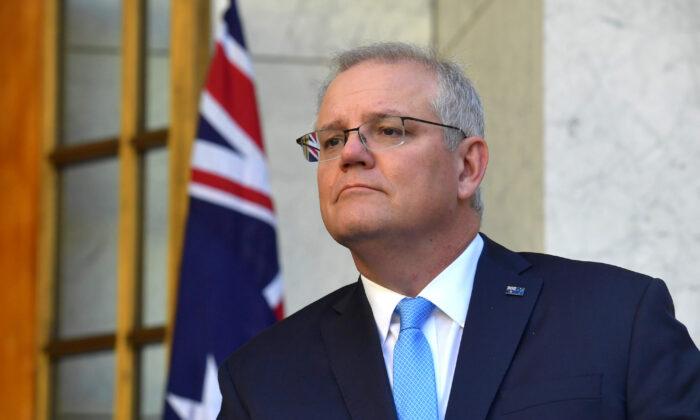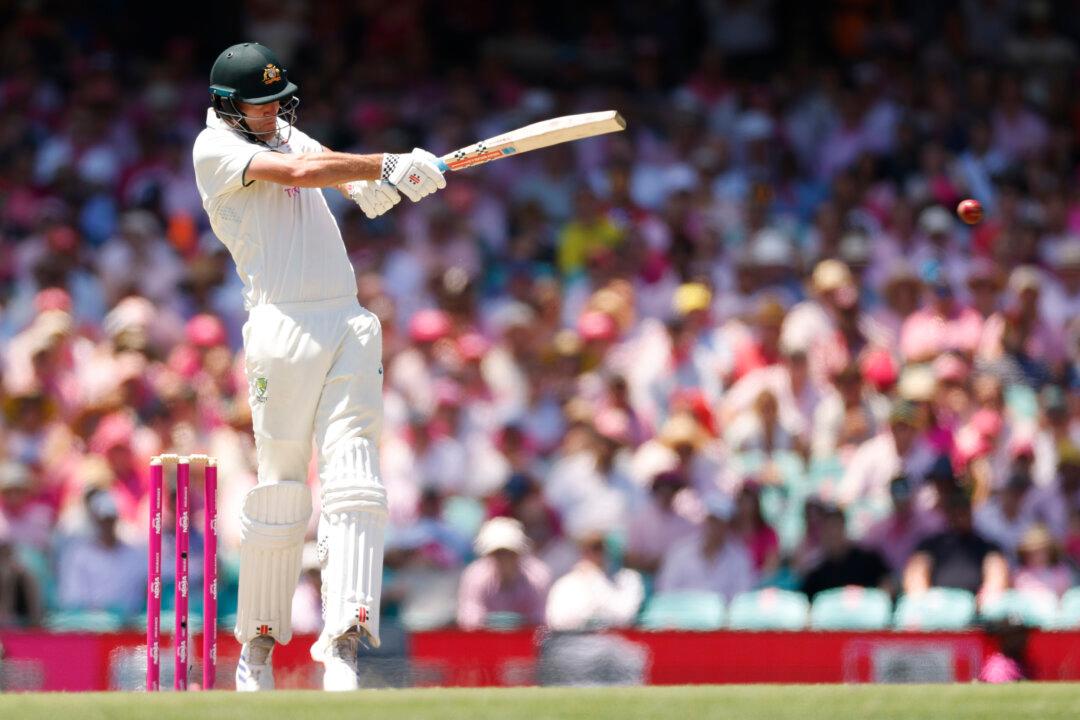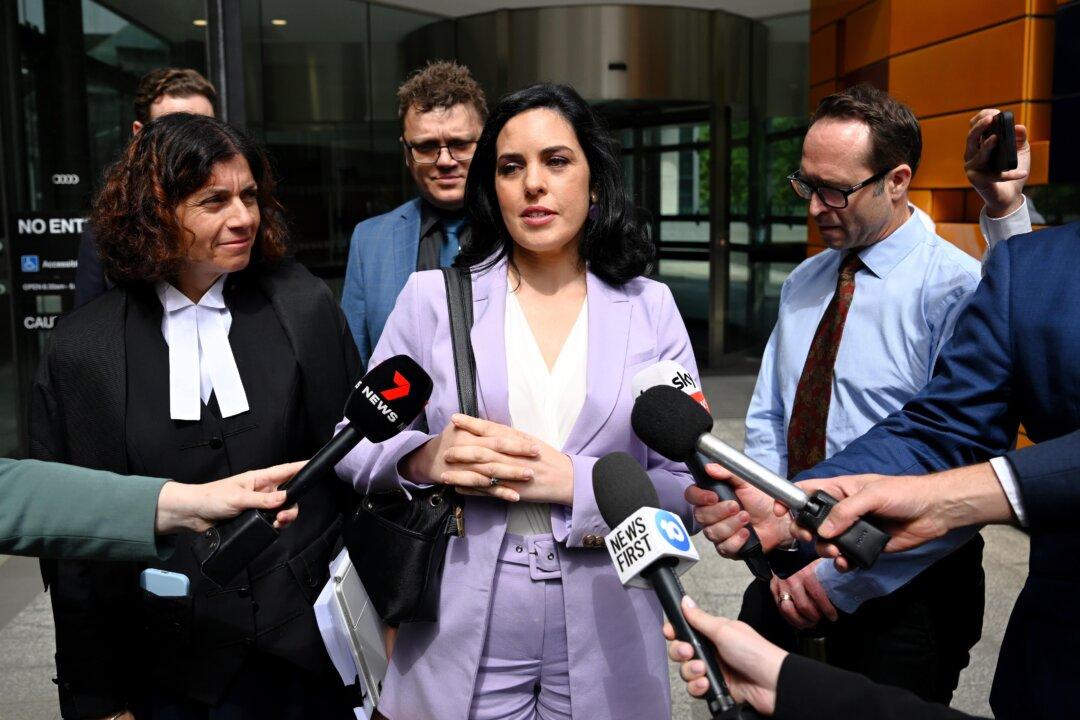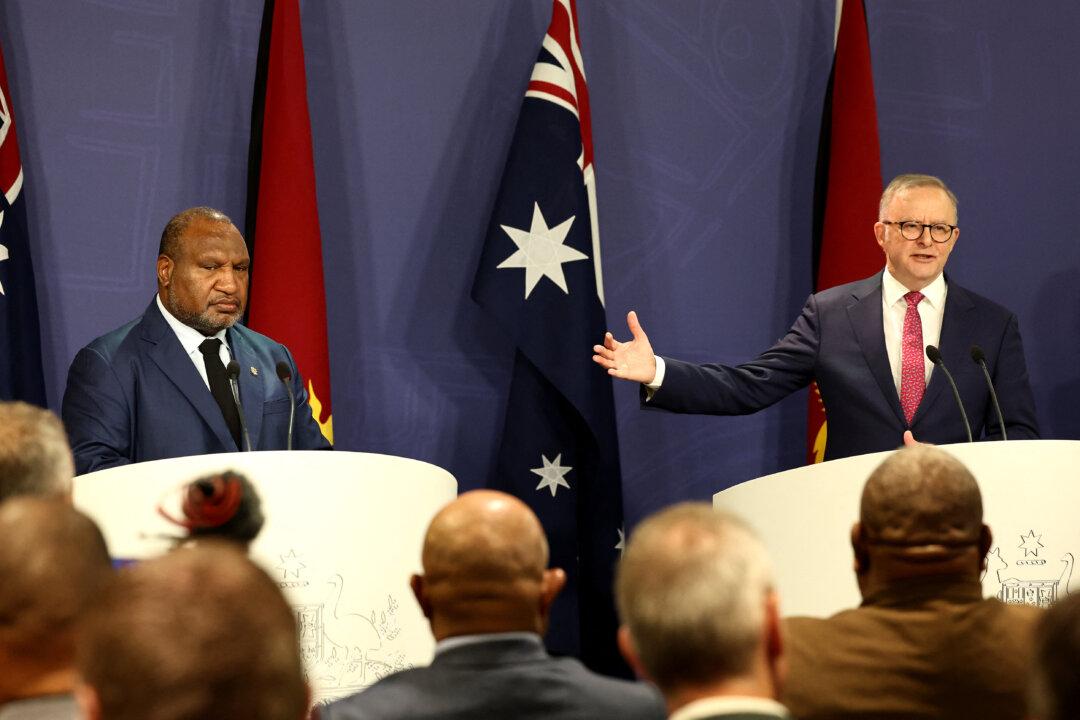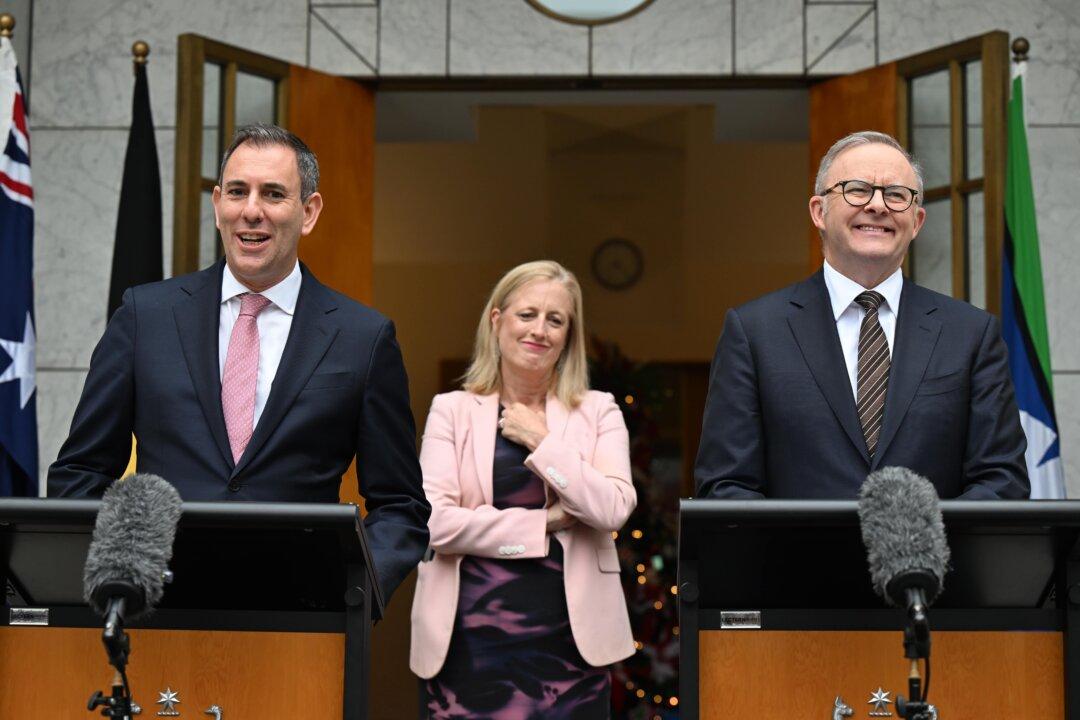Prime Minister Scott Morrison is hoping world leaders can cooperate on reining in the influence of Big Tech firms such as Google and Facebook.
The call comes after the Australian government’s endeavours to introduce the News Media Bargaining Code evolves into a public spectacle between the government and Big Tech, garnering global attention.
At a National Press Club address, the prime minister referring to the Media Code told reporters: “I would like to see more alignment between the world’s economies on these sorts of things.”
“We want to work with the companies (Google and Facebook) on these sorts of things. We want a practical outcome. But the world has changed,” Morrison said on Monday.
He said regulatory frameworks were not keeping pace with the digital world, and public interest journalism was suffering as a result.
“You can’t have these platforms with a business model, which is about being in the Wild West forever … The sheriff eventually gets the rule of law in place in this world.”
Morrison is due to meet with G7 leaders in June where many fellow attendees, including Canada, France, the United States, and the United Kingdom are already examining new laws to cope with the influence of the social media giants.
Just last week, Canadian Heritage Minister Steven Guilbeault told fellow members of Parliament that the Liberal government would table new laws to address how Big Tech will compensate news companies.
Over 300 French publishers recently agreed to a deal with Google France to pay for news.
However, Australia’s News Media Bargaining Code differs. It has a wider scope and sets up a framework for all Australian eligible news media companies to negotiate with Google and Facebook for payment.
The response from the Silicon Valley companies has not been as welcoming.
Both companies stated they were prepared to remove news content to avoid paying news media altogether.
While Facebook CEO Mark Zuckerberg has appealed directly to Treasurer Josh Frydenberg, according to an ABC Insiders interview.
When pressed on whether he'd change his mind, Frydenberg responded, “Mark Zuckerberg didn’t convince me to back down, if that’s what you are asking.”
According to web analytics service Statcounter, Bing is currently Australia’s second most popular search engine, with just 3.6 percent market share. Google is currently the leader with 94.4 percent.
